British media joins crusade against dissenting academics via propaganda docs
It seems the nefarious Inquisition in Europe, which brutally sought to rid the world of heresy and political rivalry for centuries, has reignited as its new protagonists in the British national broadcaster BBC strive to silence and delegitimize any dissenting viewpoints held by academics.
In a new documentary on BBC Radio 4’s Facts on File, and also in a report based on the documentary by the BBC News, two academics, namely Tim Hayward and Justin Schlosberg, have been falsely accused of supporting and spreading “Russian propaganda” and “misinformation” about Moscow’s military operation in Ukraine that began on February 24, either through their lectures or on Twitter.
Hayward, a professor of environmental political theory at the University of Edinburgh, had re-tweeted a representative of Russia to the United Nations, who stated that the Russian attack on a maternity hospital in Mariupol on March 9 was “fake news.”
“As long as we’re still able to hear two sides of the story we should continue striving to do so,” Hayward said.
While the West condemned Russia for targering the hospital several times with airstrikes, the Russian foreign ministry strongly rejected the allegation at the time, branding it as “information terrorism” against Moscow.
A few days later and in the House of Commons, legislator Robert Halfon from the Conservative Party denounced Hayward and also Dr. Tara McCormack, a lecturer in international politics at the University of Leicester, who had said about “ludicrous disinformation” on both Kiev and Moscow.
Halfon also urged the parliament to “contact these universities directly to stop them acting as useful idiots for” Russian President Vladimir Putin.
Education Secretary Nadhim Zahawi at the same session of the House of Commons described the said academics and the like as people who are “buying” Moscow’s “false narrative” about the war in Ukraine.
“It is a false and dangerous narrative and we will crack down on it hard,” Zahawi said.
The BBC quotes 21-year-old history and politics student Mariangela Alejandro as saying that things in Hayward’s class got “weird” when the professor stepped in the “realm of conspiracy theories about [Syrian President Bashar al] Assad and Russia.”
The British broadcaster even criticized, though implicitly, Hayward for a lecture in he outlined an argument that the West-backed White Helmets group might have helped fake a chemical attack in Syria years ago. Russia and the Syrian government has stressed that the attack was “staged.”
The White Helmets group, which claims to be a humanitarian NGO, is known for its coordination with terror outfits in Syria to carry out staged chemical attacks in order to falsely incriminate Syrian government forces and fabricate pretexts for military strikes by a US-led military coalition present in Syria since 2014.
On April 14, 2018, the US, Britain, and France carried out a string of airstrikes against Syria over a suspected chemical weapons attack on the city of Douma, located about 10 kilometers northeast of the capital Damascus.
That alleged attack was reported by the White Helmets group, which published videos showing them purportedly treating survivors. Washington and its allies blamed Damascus for the Douma attack, an allegation strongly rejected by the Syrian government.
Hayward used an argument put forward by members of a collective of academics and bloggers he is a member of, known as the Working Group on Syria Propaganda and the Media (WGSPM).
“One narrative says the White Helmets helped rescue victims, provided evidence and gave witness statements about the chemical attack on Douma on 7 April 2018,” Hayward said during the lecture.
However, he added that “the critics say the White Helmets were responsible for staging a false flag event to spur the West to attack the Syrian government. In fact, dispute about this case is still current.”
Hayward told the BBC that he does not teach about Syria, but simply used an example in his class that he was familiar with.
The BBC, however, seems to be eager to lash out at Hayward when it quoted Dr Nader Hashemi, director of the Centre for Middle East Studies at the University of Denver and a visiting scholar at the University of Cambridge, as describing Hayward’s argument about the White Helmets and the staged chemical attack as “a deeply distorted set of teachings."
Regarding Hayward’s stance on the purported Russian airstrikes against a maternity hospital in Mariupol that says “we should strive to hear both sides”, the BBC drew in Kvitka Perehinets, a Ukrainian student at the University of Edinburgh, who said “there are no two sides” to the conflict and that “The oppressor - in this case, Russia - should not be given the same kind of platform as those who are being oppressed.”
Although the University of Edinburgh claims that its programs are approved by a board of studies, emphasizing its commitment to “academic freedom”, but it also stresses that it takes “a strong view… against the spread of misinformation” and encourages students to report concerns.
The university should be notified that one of the primary jobs of the “academic freedom” is paving the way for academic research to distinguish true information from “misinformation” and “disinformation.”
However, the UK’s Department for Education (DfE), which is responsible for education in England, inquisitively controls the flow of research in universities, saying it expected “universities’ due diligence processes to consider the reputational, ethical and security risks of false and dangerous narratives, and ensure that students are not misled by views that are clearly false.”
When academics' tweets were raised in the Commons, Zahawi said the minister for Higher and Further Education, Michelle Donelan, was “contacting those universities”, a means of pressure on Hayward and the like who think differently from the mainstream in the West.
Another academic pressured by the BBC and the Education system in the UK is professor Schlosberg, who specializes in media and journalism at Birkbeck, University of London.
He has been lambasted for re-tweeting Russian state media questioning what occurred in the Ukrainian city of Bucha, 37 kilometers northwest of the capital Kiev.
Back on April 2, the mayor of Bucha in a video message claimed that 300 people had been killed by the Russian army with some appearing to have been bound by their hands and feet before being shot.
He also presented footage and photographs showing the dead bodies of those allegedly killed or executed by Russian troops, claiming that 280 bodies had been buried in mass graves while nearly 10 others were either unburied or only partially covered by earth. Later on, Kiev claimed a death toll of more than 1000 in the city.
A day later, the Ukrainian government urged major Western powers, including the United States, to impose crippling fresh sanctions on Moscow over what it called a “massacre” in Bucha, a newly liberated town at the time.
The Kremlin strongly rejected any involvement of Russian troops in the so-called massacre, with Russian President Sergei Lavrov stressing that the killings did not occur while Russian soldiers were in the city.
He added that the so-called dead bodies in footage circulating the internet were “staged” and the images of them plus Ukraine’s false version of events had been spread on social media by Kiev and Western countries.
On April 4, Schlosberg tweeted that “Russian troops left on 30th March. No mention of any 'massacre' or bodies lining the streets for 4 days.” He also re-tweeted a video of Bucha's mayor speaking without mentioning a massacre.
The BBC, however, hurriedly stressed in its report that Russian media has been using the video to bolster the idea that the bodies appeared after the Russians had left the city.
It quoted the academic as saying that he had “no idea” regarding what really happened there.
“My only understanding is that I think no-one else really knows what happened. I think there is a very strong likelihood that there were very serious atrocities, almost certainly the vast majority of which were committed by Russia,” Schlosberg further told the BBC.
However, in a string of tweets on Wednesday, he denounced the broadcaster’s “grossly defamatory allegation.”
Perhaps worst of all, the programme uncritically featured commentary by former BBC journalist @paulmasonnews who almost laughingly accused me and others of being Putin supporters based on the fact that I've offered a critical perspective on some of the mainstream coverage...
— Justin Schlosberg (@jrschlosberg) June 1, 2022
“Rather than engage with the actual meaning of my tweets, the BBC chose to uncritically endorse obvious manipulation by people who have been actively trying to silence and delegitimize any dissenting viewpoints since the start of” the current operation by Russia in Ukraine, Schlosberg said.
“The manner in which the program achieved this was so cynical and unguarded it beggars belief, even for those of us increasingly skeptical about the BBC’s commitment to basic journalistic standards, let alone its own lofty public service values,” he stressed.
The dilemma of relocating capital from Tehran
Carrefour closes business in Oman after leaving Jordan over BDS pressure
VIDEO | Press TV's news headlines
Jan. 7: ‘Axis of Resistance’ operations against Israeli occupation
Biden is heir to US political tradition of full sympathy for Zionist occupation: Author
VIDEO | Search, rescue ops continue in Tibet's Shigatse following deadly 7.1 magnitude earthquake
VIDEO | California firefighters battling wildfire near Los Angeles
Pezeshkian: Iran seeks peace in region; Iraq enjoys stability as Daesh vanquished


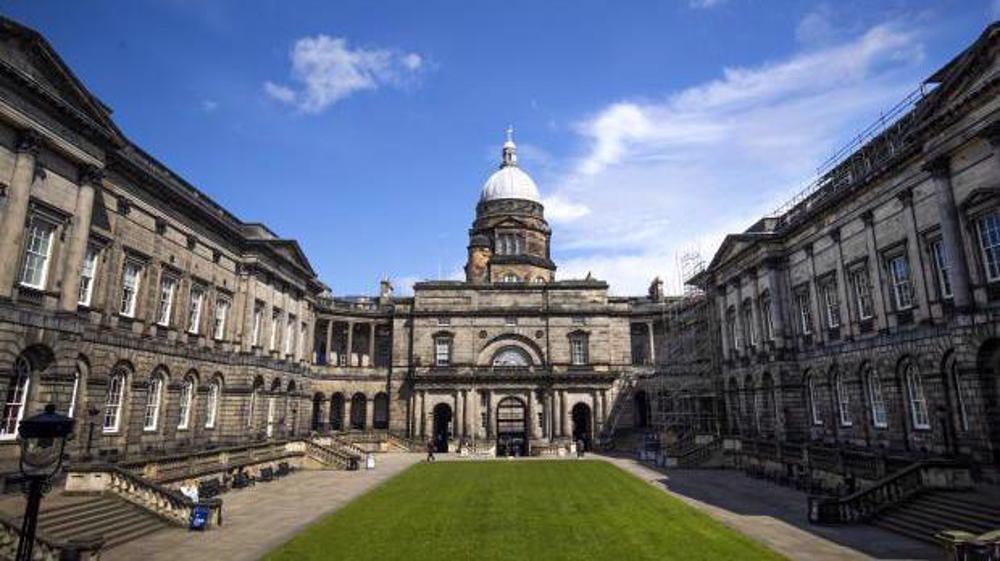
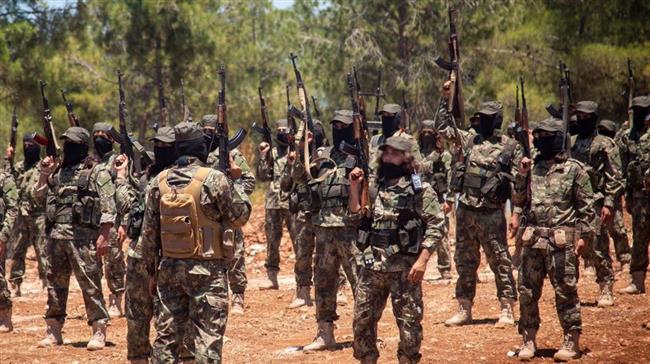
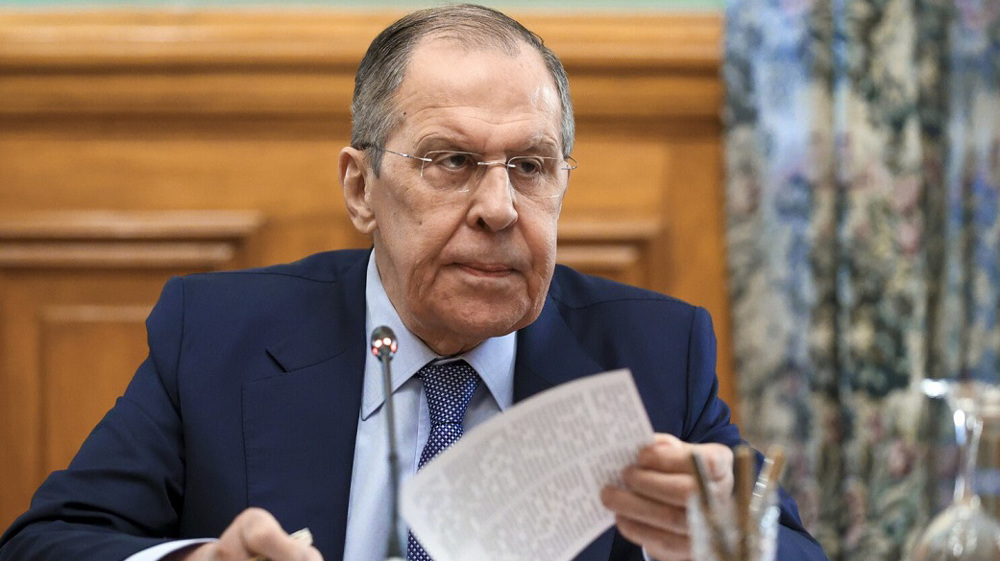
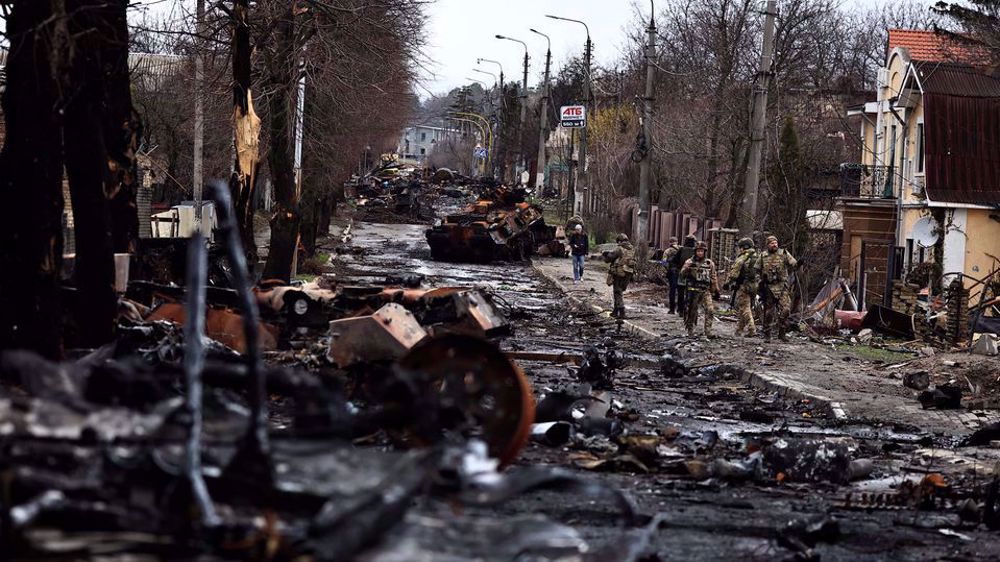
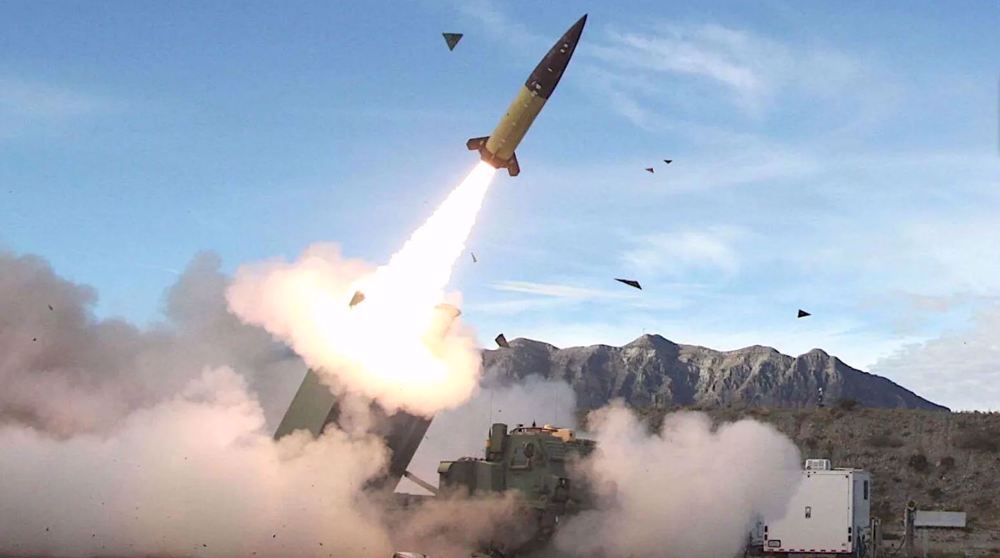
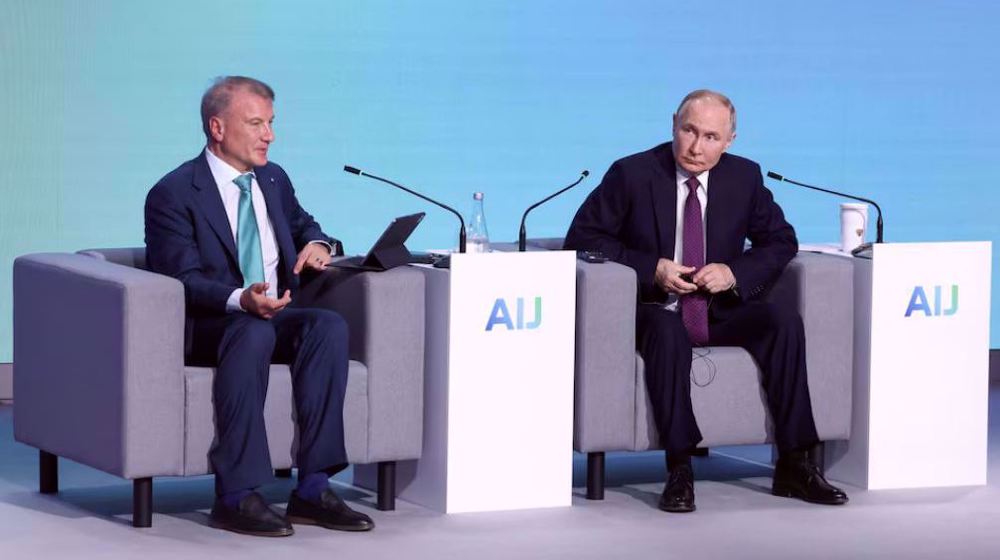
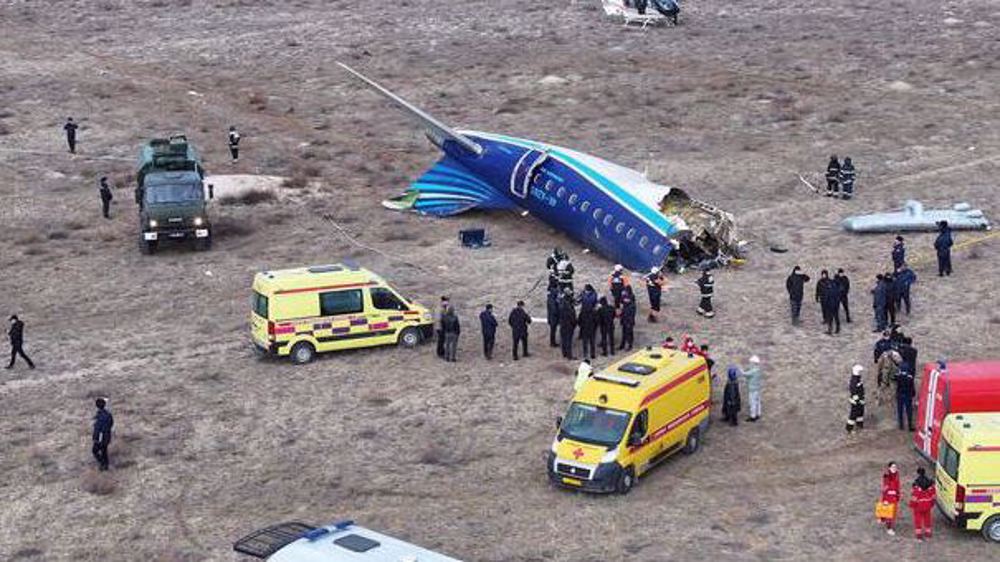




 This makes it easy to access the Press TV website
This makes it easy to access the Press TV website